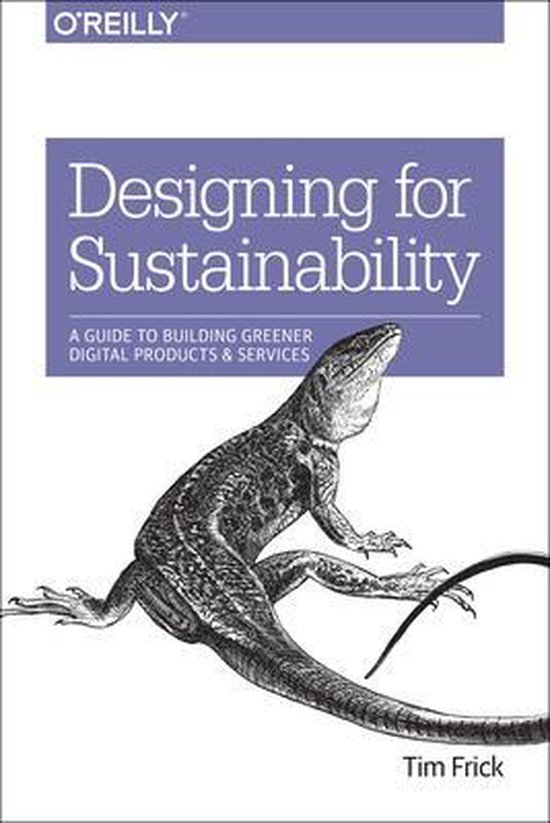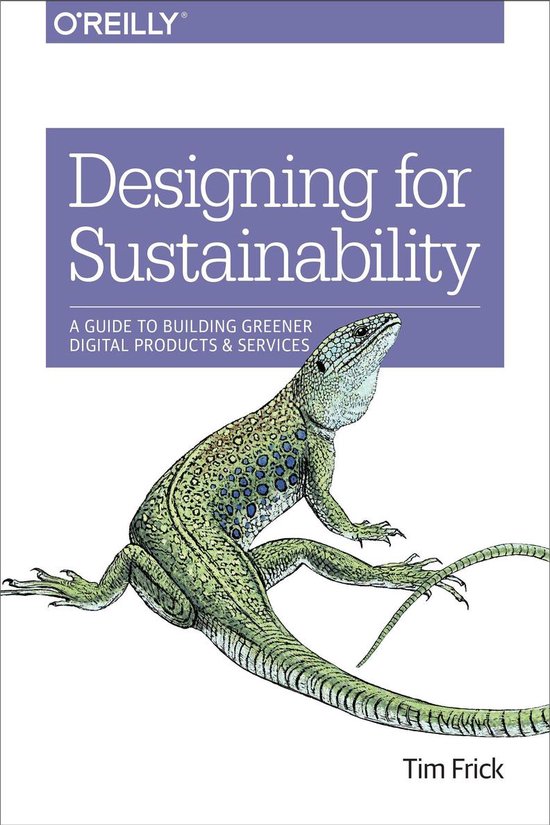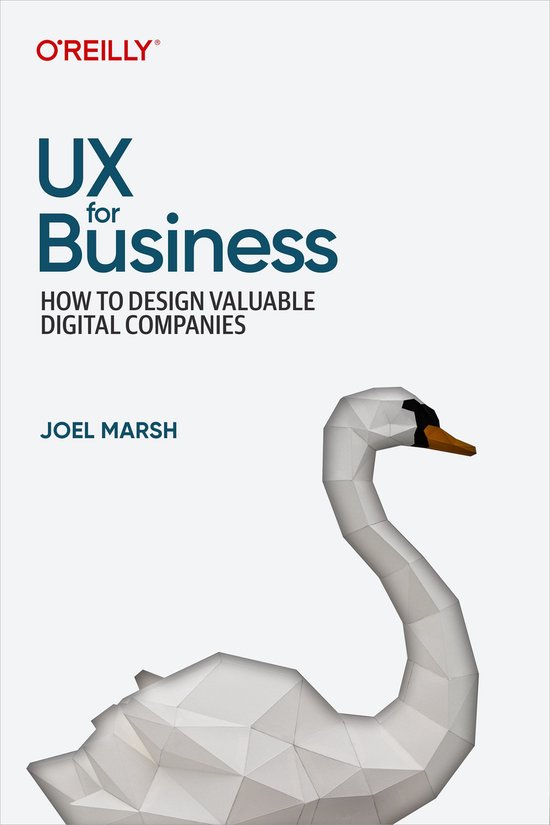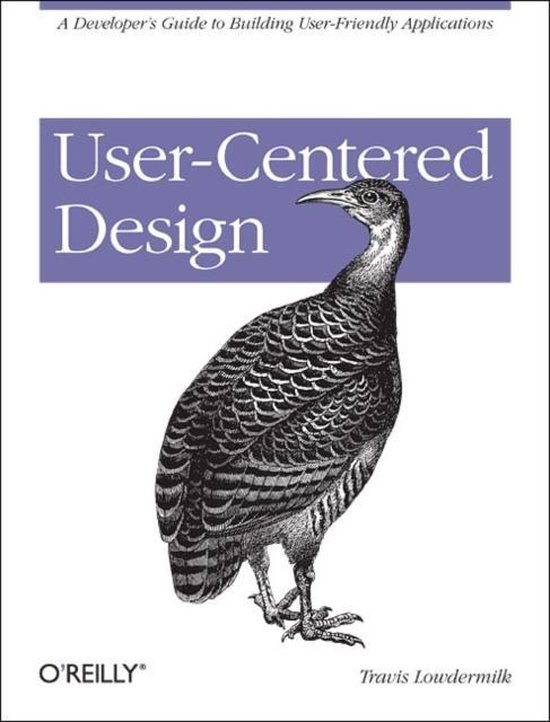
Designing For Sustainability
With this practical guide, your web design team will learn how to apply sustainability principles for creating speedy, user-friendly, and energy-efficient digital products and services. You'll focus on four key areas: content strategy, performance optimization, design and user experience, and green hosting.
Pixels use electricity, and a lot of it. If the Internet were a country, it would be the sixth largest in terms of electricity use. That's because today's average web page has surpassed two megabytes in size, leading to slow load times, frustrated users, and a lot of wasted energy. With this practical guide, your web design team will learn how to apply sustainability principles for creating speedy, user-friendly, and energy-efficient digital products and services. Author Tim Frick introduces a web design framework that focuses on four key areas where these principles can make a difference: content strategy, performance optimization, design and user experience, and green hosting. You'll discover how to provide users with a streamlined experience, while reducing the environmental impact of your products and services. Learn why 90% of the data that ever existed was created in the last year Use sustainability principles to innovate, reduce waste, and function more efficiently Explore green hosting, sustainable business practices, and lean/agile workflows Put the right things in front of users at precisely the moment they need them-and nothing more Increase site search engine visibility, streamline user experience, and make streaming video more efficient Use Action Items to explore concepts outlined in each chapter
Pixels use electricity, and a lot of it. If the Internet were a country, it would be the sixth largest in terms of electricity use. That's because today's average web page has surpassed two megabytes in size, leading to slow load times, frustrated users, and a lot of wasted energy. With this practical guide, your web design team will learn how to apply sustainability principles for creating speedy, user-friendly, and energy-efficient digital products and services. Author Tim Frick introduces a web design framework that focuses on four key areas where these principles can make a difference: content strategy, performance optimization, design and user experience, and green hosting. You'll discover how to provide users with a streamlined experience, while reducing the environmental impact of your products and services. Learn why 90% of the data that ever existed was created in the last year Use sustainability principles to innovate, reduce waste, and function more efficiently Explore green hosting, sustainable business practices, and lean/agile workflows Put the right things in front of users at precisely the moment they need them-and nothing more Increase site search engine visibility, streamline user experience, and make streaming video more efficient Use Action Items to explore concepts outlined in each chapter
| Auteur | | Tim Frick |
| Taal | | Engels |
| Type | | Paperback |
| Categorie | | Computers & Informatica |





